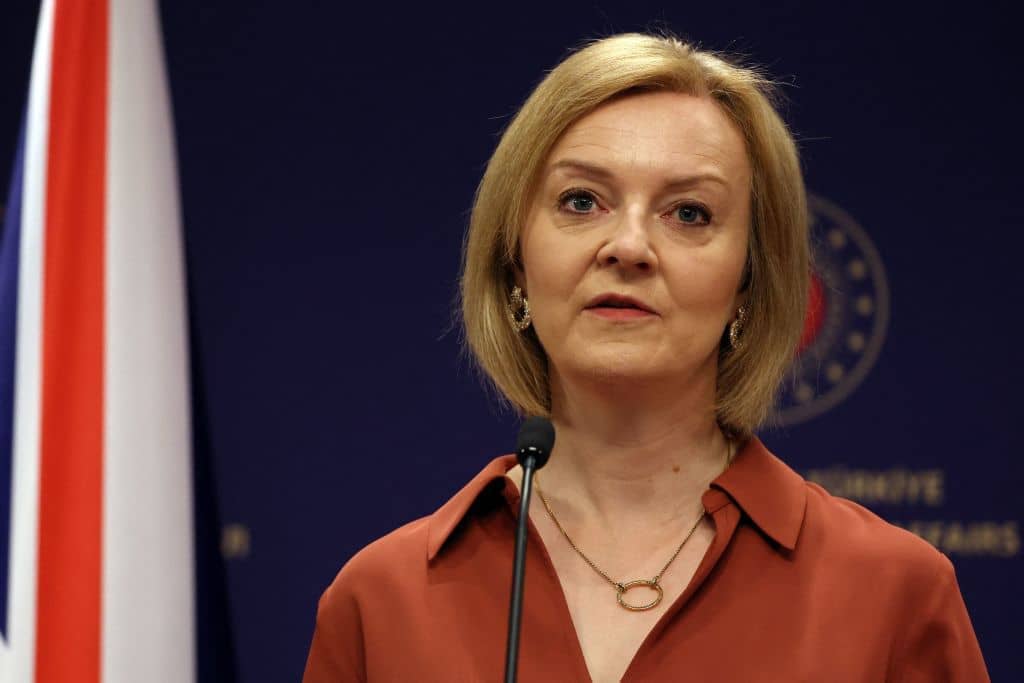There’s a general consensus that the government’s Northern Ireland Protocol bill will result in a fight – the question: who with? When news of the Foreign Secretary’s plan to unilaterally override parts of the protocol agreement first broke, it led to a number of Tory MPs on the One Nation wing speaking out and members of the European Research Group pushing more. There was also concern in Washington and outright rejection in Brussels.
Today the bill has its second reading in the House of Commons giving MPs a chance to air their grievances. Labour were quick to go on the attack: shadow foreign secretary David Lammy accused Liz Truss of reneging on an international agreement and called for the government to focus on negotiation rather than unilateral legislation. This is the same line coming from Brussels – with the EU ambassador to the UK suggesting the government’s plan amounted to an illegal dead end.
Part of the reason the government brought this legislation in the first place is to try to kickstart a negotiation
Of course, part of the reason the government brought this legislation in the first place (as well as an attempt to get the DUP back to power-sharing at Stormont) is to try to kickstart a negotiation. The talks between the two sides have gone on for some time now with little breakthrough. While some in Brussels commended Truss for bringing a more constructive energy to the negotiations than her predecessor Sir David Frost, it did not result in them offering more to fix the current arrangement.
The UK government perspective is that, while negotiation is the preferred option, if the EU won’t negotiate, other options must be found – given the current checks are undermining the Good Friday Agreement. Truss also made the point today that international treaties regularly change – so why can’t the protocol, giving the example of the Energy Charter Treaty, an international treaty the EU wants to change.
The expectation inside No. 10 has long been that while there could be friction, this bill ought to clear the Commons – then the Lords will be the next battle. If it becomes law, a trade war could even follow – should the EU retaliate.
In the debate today, the majority of MPs decided to keep their powder dry. In terms of critical interventions, Andrew Mitchell said the legislation ‘brazenly’ breaks international law while Theresa May went further: ‘I asked myself three questions: Is it legal? Does it maintain the standing of the UK in the eyes of the world? The answer to all three questions is no.’
Yet there were still overall more constructive interventions from the Tory side than negative. Sir Bob Neill, the chair of the Commons justice committee, asked when the government will publish the evidence base showing that the doctrine of necessity it has used as legal justification had been met – suggesting he could still back it. Meanwhile, members of the ERG praised the plan.
At times, it seemed that it was Lammy who was the one under pressure. His call for negotiations led MPs to point out there was little sign of that working. It’s a lack of viable alternative from critics that means ministers are hopeful they are slowly bringing sceptics around.







Comments